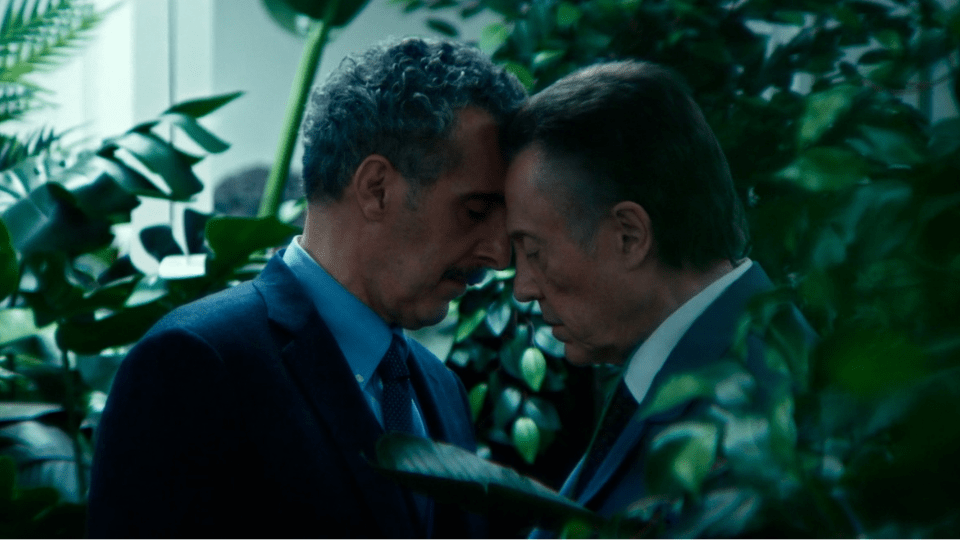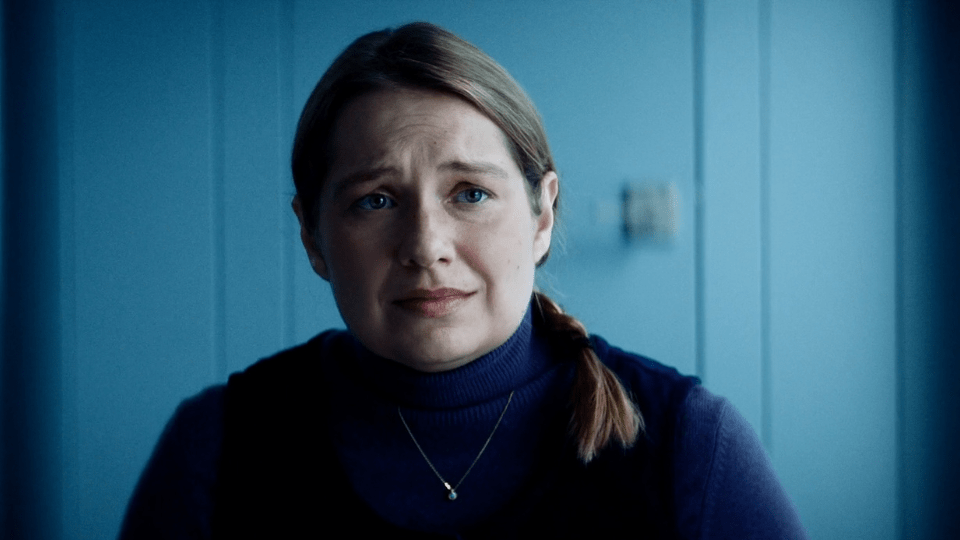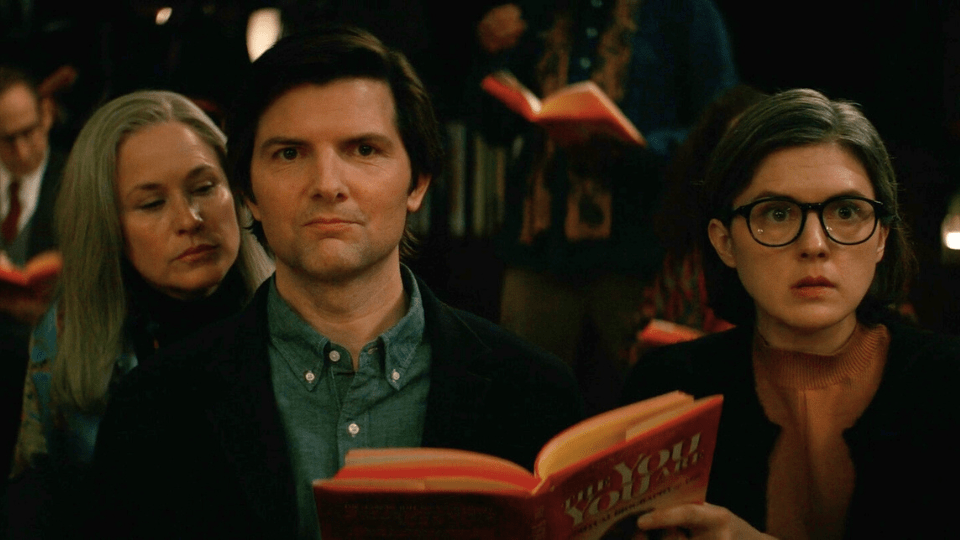In the cold, fluorescent corridors of Lumon Industries, connection is rare. That’s what makes the relationship between Burt and Irving in Severance so extraordinary. As Season 1 unfolds, their quiet, tender bond stands in stark contrast to the sterile, performative world around them. But for many viewers, this duo also sparks an unexpected cultural association - one that lives on a much brighter street. Yes, we’re talking about Bert and Ernie.
Is Severance making a sly, subversive nod to television’s most iconic "roommates"?
And they were roommates...
Let’s start with the obvious: Burt and Irving. The names alone seem to echo Bert and Ernie. Those beloved, cohabiting Muppets from Sesame Street. It’s a playful coincidence that doesn’t feel accidental, especially when you consider the characters’ dynamics and just how famous the puppet pair are in the public lexicon.
In Severance, Irving is rigid, rule-bound, and deeply reverent in Season 1, qualities that align closely with Bert’s more uptight, serious demeanor. Burt, meanwhile, is gentle, open-hearted, and quietly curious, much like Ernie’s playful and warm disposition. Together, they create something rare inside Lumon’s oppressive system: a genuine human connection rooted not in productivity or reward, but affection and curiosity.
Of course, in Sesame Street, Bert and Ernie share a basement apartment and a famously close bond that has long inspired speculation. Over the years, many fans have wondered if Bert and Ernie were coded as a gay couple. While Sesame Workshop and original Muppeteers have clarified that the characters were never intended to have a defined sexual orientation - “they’re puppets,” as Frank Oz famously said - their intimacy and domestic partnership remain quietly questioned.
Lumon’s Version of Intimacy
In Severance, the relationship between Burt and Irving doesn’t rely on overt declarations. Instead, it’s built through stolen moments in the Optics and Design department, through quiet admiration of paintings.
What happens to love, or even simple affection, when it's monitored, quantified, and ultimately controlled? Burt and Irving’s scenes are some of the most emotionally resonant in Severance, not just because of what’s said, but because of what’s not. The small moments of touch and hesitation, the youthful yearning, knowing glances - these moments amplify the emotional stakes. And they also draw attention to how repressive environments distort even the gentlest of human bonds.
Sure Mark S and Helly R have an attraction but it is more overt, allowed even and encouraged. Whereas Burt and Irving aren't just battling with the company's rules and ideals but their own and somehow society's despite societal prejudice not extending onto the basement floors. Their quiet moments are hidden from the other team members, Lumon's higher ups and from their own judgements especially on Irving's side who seemingly is more hestiant and needs more time to understand his new feelings.
The small moments of touch and hesitation, the youthful yearning, knowing glances - these moments amplify the emotional stakes.
Innocence, Queerness, and Subversion
The Bert and Ernie/Severance comparison also taps into something deeper - how queerness is often coded, obscured, or denied in mainstream narratives. While Severance never explicitly solidifies Burt and Irving’s relationship due to Burt's retirement, their bond is undeniably romantic. This ambiguity mirrors the way Bert and Ernie have been discussed for decades: always close but never “confirmed.”
In both cases, the power lies in the intimacy that doesn’t need a label. For Severance, this is especially potent. In a world where people’s identities are surgically split and surveilled, any relationship based on trust and emotion is inherently rebellious.
So is the Burt-Irving pairing a deliberate reference to Bert and Ernie? Maybe not. But the resonance is real and it says something profound about how we recognize, represent, and resist.













